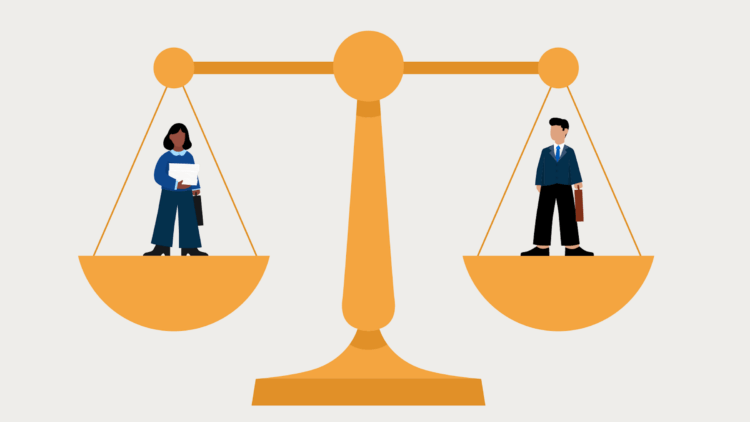Frequently Asked Questions
What are the common grounds for filing an objection to dischargeability?
The most common grounds for filing an objection to dischargeability include allegations of fraud, willful and malicious injury, embezzlement, larceny, or certain types of debts that are not dischargeable under the Bankruptcy Code. These grounds must be supported by sufficient evidence and meet the legal requirements set forth in the applicable bankruptcy laws.
What is the process for filing an objection to dischargeability?
To file an objection to dischargeability, a creditor must first review the debtor's bankruptcy petition and schedules to identify any debts that may be subject to challenge. The creditor must then gather evidence and prepare a written objection, clearly stating the grounds for the objection and providing supporting documentation. The objection must be filed with the bankruptcy court within the specified deadline, and a copy must be served on the debtor and other relevant parties. The court will then schedule a hearing to consider the objection and make a determination based on the evidence presented.

The 2023 Legal Trends Report
Dive into this data-driven analysis and gain valuable insights on legal cloud technologies, evolving client expectations, state-by-state billing rate breakdowns, and more.





